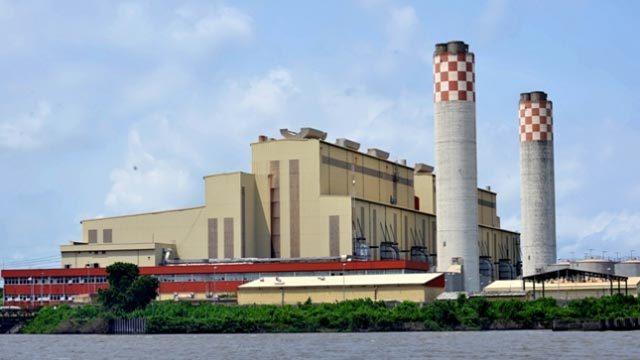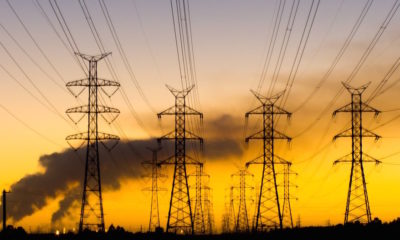Egbin Power Plc, the biggest power station in Nigeria, has said it is owed N388bn by the Nigerian Bulk Electricity Trading Plc for electricity generated and fed into the national grid.
The company disclosed this on Tuesday during an oversight visit by the Senate Committee on Privatisation, led by its Chairman, Senator Theodore Orji, to the power station, located in Ikorodu, Lagos.
The government-owned NBET buys electricity in bulk from generation companies through Power Purchase Agreements and sells it to the distribution companies, which then supply it to the consumers.
The Group Managing Director, Sahara Power Group, Mr. Kola Adesina, told the lawmakers that the total amount owed to Egbin by NBET included money for actual energy wheeled out, interest for late payments and available capacity payments.
Egbin is one of the operating entities of Sahara Power Group, which is an affiliate of Sahara Group. The plant has an installed capacity of 1,320MW consisting of six turbines of 220 megawatts each.
The company said from 2020 till date, the plant had been unable to utilize 175MW of its available capacity due to gas and transmission constraints.
Adesina said, “At the time when we took over this asset, we were generating averagely 400MW of electricity; today, we are averaging about 800MW. At a point in time, we went as high as 1,100MW. Invariably, this is an asset of strategic importance to Nigeria.
“The plant needs to be nurtured and maintained. If you don’t give this plant gas, there won’t be electricity. Gas is not within our control.
“Our availability is limited to the regularity of gas that we receive. The more irregular the gas supply, the less likely there will be electricity.”
He noted that if the power generated at the station was not evacuated by the Transmission Company of Nigeria, it would be useless.
Adesina said, “Unfortunately, as of today, technology has not allowed the power of this size to be stored; so, we can’t keep it anywhere.
“So, invariably, we will have to switch off the plant, and when we switch off the plant, we have to pay our workers irrespective of whether there is gas or transmission.
“Sadly, the plant is aging. So, this plant requires more nurturing and maintenance for it to remain readily available for Nigerians.
“Now, where you have exchange rate move from N157/$1 during acquisition in 2013 to N502-N505/$1 in 2021, and the revenue profile is not in any way commensurate to that significant change, then we have a very serious problem.”
He said at the meeting of the Association of Power Generation Companies on Monday, members raised concern about the debts owed to them.
He added, “All the owners were there, and the concern that was expressed was that this money that is being owed, when are we going to get paid?
“The longer it takes us to be paid, the more detrimental to the health and wellbeing our machines and more importantly, to our staff.”
Adesina lamented that the country’s power generation had been hovering around 4,000MW in recent years.

 Forex2 weeks ago
Forex2 weeks ago


 Naira2 weeks ago
Naira2 weeks ago
 Naira4 weeks ago
Naira4 weeks ago
 Billionaire Watch1 week ago
Billionaire Watch1 week ago
 Company News4 weeks ago
Company News4 weeks ago




 Naira2 weeks ago
Naira2 weeks ago




 Naira1 week ago
Naira1 week ago




 Naira4 weeks ago
Naira4 weeks ago














